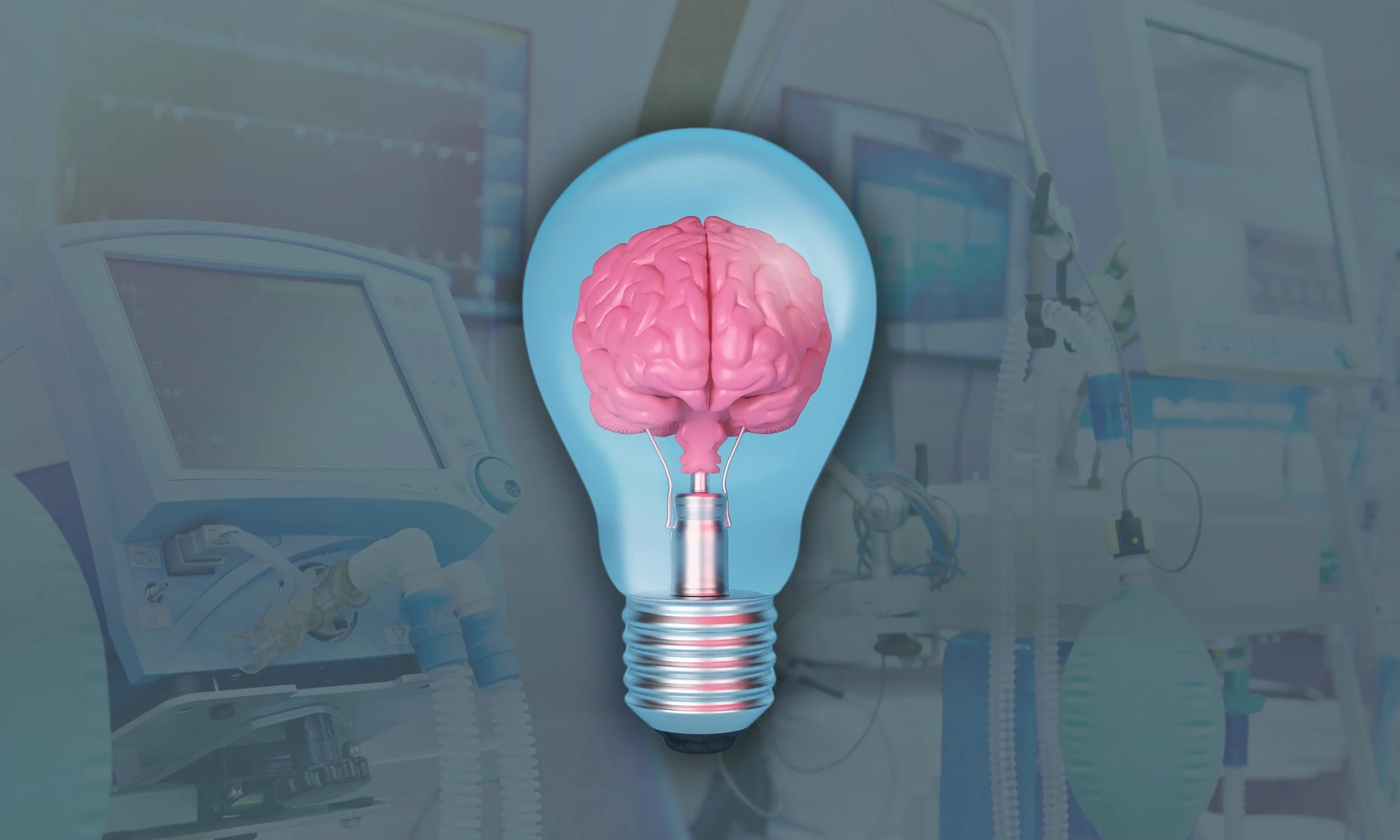Have you ever heard of the term “epigenetics”? In this blog post, we will find out what epigenetics is and what this has to do with trauma and ketamine infusion treatments.
What is epigenetics and how does it affect our lives?
What is epigenetics?
Have you ever heard of a term called "epigenetics"? Epigenetics means “above genetics” and refers to what surrounds the DNA. It has to do with how nature and nurture interact. One question that epigenetics addresses is “are we a product of our genes or our environment?”
For example, why is it that identical twins who live in different environments lead very different lives? This is due to epigenetic changes. These factors include diet, chemical exposure, medication, and even social experiences. What’s interesting is that epigenetic changes can survive within cell division. As a result, these changes affect an organism for its entire life.
What’s even more interesting is that some epigenetic changes survive on to the next generation.
Can trauma and anxiety be passed on from one generation to another?
Can trauma be inherited?
A study conducted by Brian Dias and Kerry Ressler determined if epigenetics is hereditary. They trained laboratory mice to fear the smell of acetophenone by pairing it off with an electric shock. So anytime they noticed the smell, an electric shock would buzz. What’s fascinating was when those mice reproduced, their offspring also had a similar startle response to that smell! They had the same fear even though they themselves never had that electrical shock.
What does epigenetics have to do with trauma?
Epigenetics and trauma
That study above proves that epigenetic modifications, which alter the expression of genes, can be inherited. It is an example of epigenetics causing learnings and experiences to be passed down to the offspring.
How does this apply to humans? In our experiences, frequently we'll see patients who suffer from depression or PTSD or anxiety. Understanding epigenetics and extrapolating from the mouse model it got us wondering. Besides the events that occurred to them, could it be possible that they inherited responses or traumas from some events which happened to their parents and grandparents?
Can ketamine really reverse the effects of epigenetics causing depression, PTSD, and anxiety?
Ketamine’s role in epigenetics and addressing trauma
Ketamine could be a potential modulator of epigenetics via its effect on histone deacetylase and microRNA. Its ability to alter histone deacetylase in the nucleus accumbens suggests that just like traumatic events, ketamine can also cause epigenetic changes, and perhaps even counter traumatic changes. MicroRNAs also have emerged as crucial regulators of neuronal functions. They can be therapeutic targets for developing novel treatments -- such as ketamine -- for psychiatric diseases.
In a nutshell, this means that ketamine could be playing a therapeutic role in treating depression, PTSD, and anxiety at the epigenetic level
Summary
Based on the study conducted by Brian Dias and Kerry Ressler, it is a possibility that trauma can be inherited from the experiences of our parents and grandparents. Ketamine’s effects at an epigenetic level and its role in treating depression and trauma are still fairly new. We can look forward to further scientific study into ketamine and the treatment of mental health conditions at the epigenetic level as ketamine gains more interest and more people are becoming open to the treatment.
REFERENCES:
















![44 Books to Enhance Your Healing and Growth [2024 Update]](https://images.squarespace-cdn.com/content/v1/5a8dfbc1cf81e0fb77ead442/1533662865639-P70482VR8ZQIDERLRJI6/blur-books-close-up-159866.jpg)